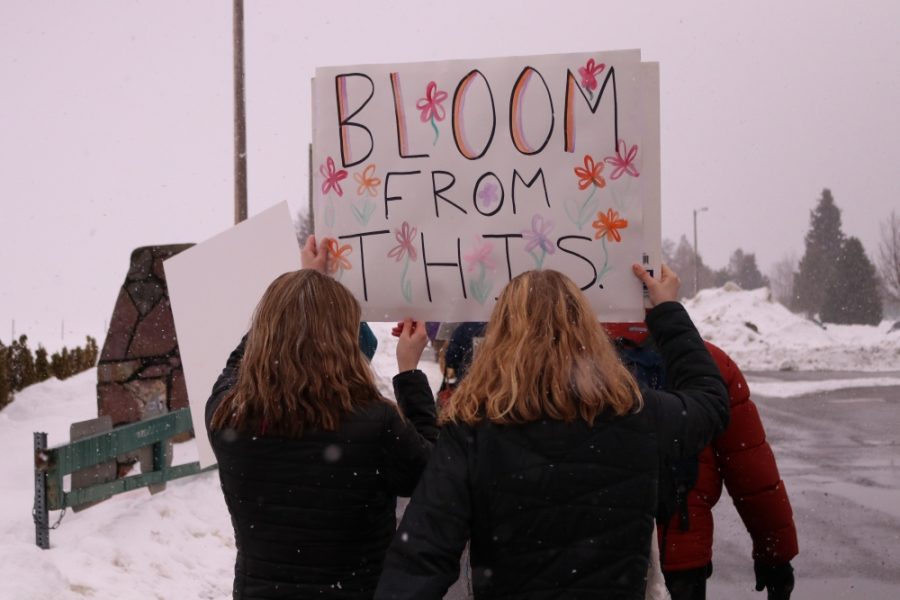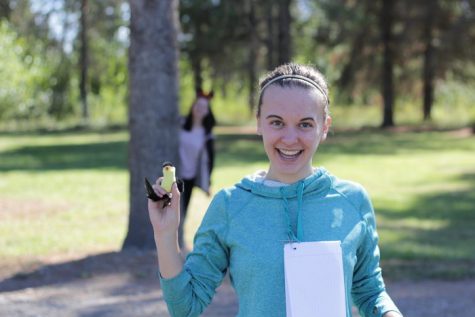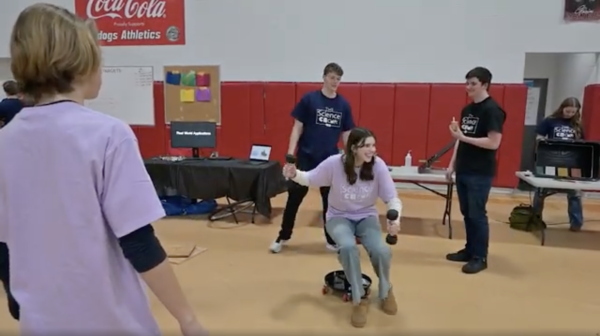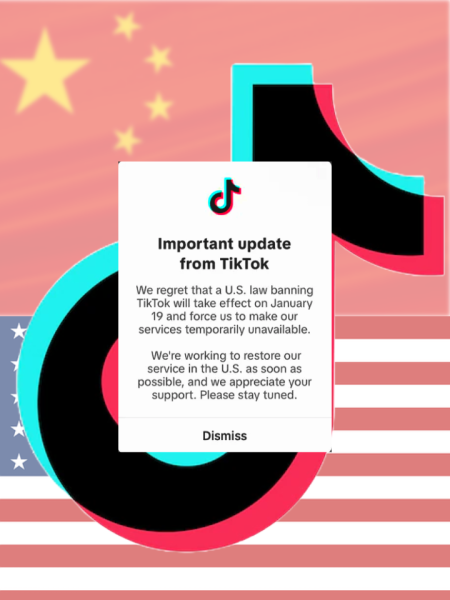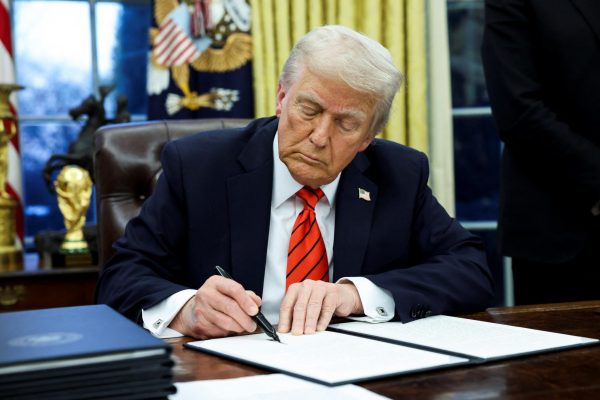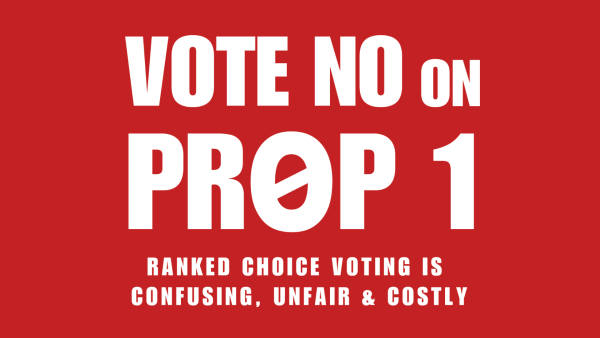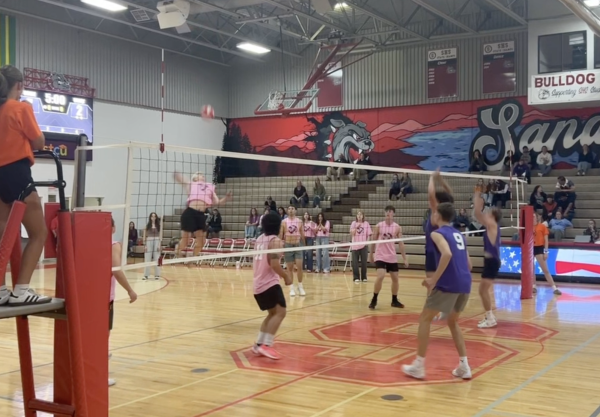POLITICS GET PERSONAL
Does political opinion interfere with classroom discussion?
According to SHS junior Sarah Bourn, the crowd gathered for the Women’s March on Jan. 21 was full of passionate and angry energy as women, men, and children marched from the Panida to the Statue of Liberty at City Beach. Officially the march was to stand in solidarity with “partners and children for the protection of our rights, our safety, our health, and our families,” according to womensmarch.com.
“For me, the march was very political and very anti-Trump,” Bourn said. “I know some women saw it as a less anti-Trump thing and more a pro-women thing, but honestly, I truly believe that if you are pro-women you are also anti-Trump.”
It is with this personal attitude that many students and adults have approached politics this election season.
“Everyone seems to have a personal story behind the ‘wrongs’ Trump wants to do or has done,” junior Shelby Flathers said.
The classroom is typically somewhere where neutrality is valued, but when students become involved in politics and protests, discussions can become much more heated.
“We [had] a few instances where things got out of hand,” government teacher Kent Leiss said. “Some students felt disrespected by other students because of their opinions. Some of the students who accused others of being disrespectful treated others just like they were being treated. They had a hard time understanding they were guilty of poor behavior.”
Students have also noticed the “poor behavior” and tension present in classes.
“I have seen so much tension in classrooms,” Flathers said. “I’ve had substitutes tell me to stop talking when I’m sharing my opinion and I’ve heard from many of my friends in government classes [that they] are afraid to talk.”
Bourn believes that outside factors, including DeVos’s position as secretary of education, have contributed to “an intimidating mingle of education and politics.”
“[Politics have] also impacted a lot of social atmospheres, even breaking up friendships due to opposing political views,” Bourn said.
The quick evolution from respectful discussion to personal attack can be seen on social media as well as in person, and teachers have also seen that becoming more true in the classroom, though principal Tom Albertson noted that he did not see the tension spreading into the halls.
“At times, I can sense that students are too frustrated with the opinions of others to speak their own,” government teacher Kristin Hawkins said. “In my classroom, I have set an expectation that all conversation needs to be respectful.”
While teachers encourage students to stay away from personal attacks, some students don’t believe that personality and politics are really separate issues.
“I usually have the mindset that personal is political and vice versa,” Bourn said. “For me, someone’s political views are their worldviews, or how they think the world should work. If someone’s views strongly oppose mine, I have no problem cutting them off and not being friends with them.”
Despite this, Bourn still believes it is necessary and healthy to be challenged by a diverse makeup of perspectives, and a 2003 study published in the American Educational Research Journal on discussion-based approaches to learning would agree.
According to the study, “results suggest that when students’ classroom experiences emphasize high academic demands and discussion-based approaches to the development of understanding, students internalize the knowledge and skills necessary to engage in challenging literacy tasks on their own.”
When arguments get personal, discussion is stalled and students find it more difficult to participate, shutting down diverse opinion and the ability to learn from the challenging of ideas.
“Hearing other opinions, even if you will never agree with them, can strengthen your own idea and perspective,” Bourn said. “Listening to someone else’s point of view can even change your own, and that’s totally okay.”
The recent political season has been tense and Sandpoint High School has not been immune to that tension, but teachers and many students are still dedicated to creating an atmosphere that encourages healthy discussion, even about hot topic issues.

Saydee Brass is a senior and it is her first year on staff. She is the photo editor.

